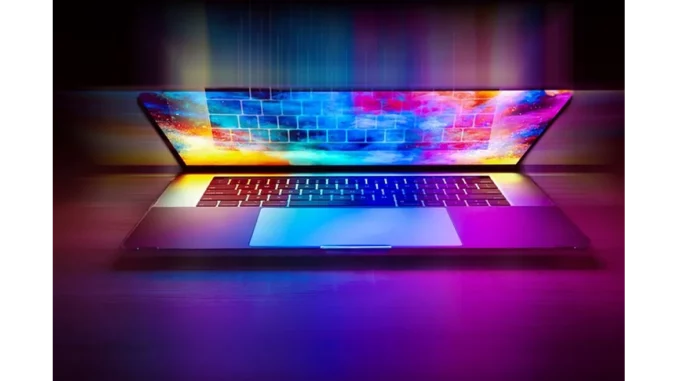
In an age where our lives are increasingly dependent on digital data, safeguarding that data is more crucial than ever. Whether it’s treasured family photos, critical work documents, or a vast collection of music, losing your data can feel like losing a part of yourself. Rhoda Pope recently had the opportunity to sit down with Oliver Clarke, a tech enthusiast who has mastered the art of data backup, to discuss his approach to ensuring his digital world remains intact, no matter what.
Embracing the Inevitable
“Let’s face it,” Oliver began with a wry smile, “all machines eventually fail. It’s not a matter of if, but when. What really matters is how prepared you are when that happens.” As someone who has experienced the heartbreak of data loss firsthand, Oliver understands the importance of a robust backup strategy. “Back in my university days, I lost an entire semester’s worth of work because I didn’t have a proper backup system in place. That was a hard lesson learned.”
Oliver’s approach to data backup is twofold: redundancy and accessibility. “I like to keep my options open,” he explained. “By using both cloud and physical backups, I can rest easy knowing my data is secure in multiple locations.”
Choosing the Right Tools
When it comes to cloud storage, Oliver is a fan of iDrive, but he’s quick to clarify that his choice isn’t based solely on brand loyalty. “iDrive stands out for me because it can handle everything from personal devices to entire file servers. Plus, the setup is a breeze, and the pricing is reasonable,” he noted. Oliver appreciates iDrive’s ability to back up and restore vast amounts of data efficiently, a key feature for someone who manages both personal and work-related files.
However, Oliver is also mindful of the potential privacy concerns associated with cloud storage. “I always assume that anything on the cloud isn’t entirely private,” he admitted. “That’s why I don’t store anything too sensitive there. For that, I rely on an external drive.”
The Case for Physical Backups
Oliver’s preferred method for sensitive data is an external hard drive, which he keeps safely tucked away when not in use. “I back up my data onto a physical drive and then unplug it,” he explained. “This way, it’s out of reach from hackers.” He also emphasises the importance of storing these drives in a secure location, such as a fireproof safe or safety deposit box.
Selecting the right external drive is crucial, Oliver pointed out. “You need to understand your storage needs,” he advised. “Once you know how much data you need to back up, you can choose a drive that suits your requirements. Personally, I prefer drives with password protection and encryption for that added layer of security.”
Striking a Balance Between Convenience and Security
While Oliver is a proponent of using both cloud and physical storage, he acknowledges that each has its pros and cons. “Cloud storage is great for its scalability and ease of access. You can expand your storage as needed and access your files from anywhere,” he said. “But you do sacrifice a bit of control over your data.”
On the flip side, physical backups give Oliver peace of mind. “With an external drive, I control my data entirely. There’s no third party involved. But if something happens to my house—like a fire or flood—it could be gone along with my computer.”
Building a Comprehensive Backup Strategy
For Oliver, creating a comprehensive backup strategy involves more than just selecting the right tools. It’s about understanding what files need to be backed up and ensuring they’re organised efficiently. “I always tell people to back up their documents, photos, music, emails, and browser settings,” he advised. “Anything you can’t replace should be backed up.”
Oliver also stressed the importance of not backing up programs or operating system files. “Those can always be reinstalled. Focus on what’s irreplaceable.”
Final Thoughts: Peace of Mind in a Digital World
As our conversation concluded, Oliver reflected on the sense of security his meticulous backup strategy provides. “Having a solid backup plan is like having an insurance policy for your data,” he said. “It takes a bit of effort and investment upfront, but knowing that your digital life is protected is worth it.”
For those looking to safeguard their own digital worlds, Oliver’s experience offers valuable insights. By combining cloud and physical storage, understanding your needs, and staying organised, you too can ensure your data remains safe, no matter what challenges come your way.
Rhoda Pope

